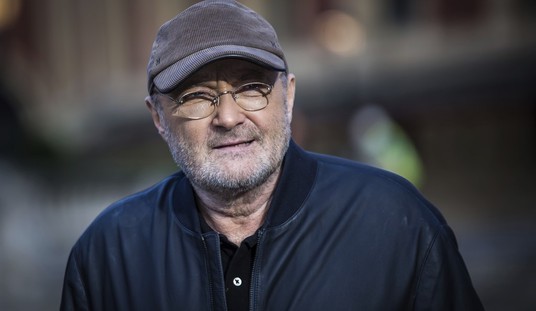Al Gore was apparently the hot ticket at SXSW (South by Southwest) over the weekend, attendees “turned away in hordes” for his discussion with AllThingsD editor Walter Mossberg, according to TechHive.
The website’s report on the colloquy concludes with a portentous statement from the former veep, which is getting a fair amount of play: “We need to move everything to the Internet as quickly as we possibly can. If we do that, the future will belong to a well-informed citizenry.”
Let’s leave aside for a moment all our preconceptions about Gore and examine this Internet millennialism. Of all people, as co-founder of PJ Media and a relatively early adopter blogger (2003), I should applaud this optimistic view of our digital future.
And yet I have qualms. To begin with, the sentence about moving “everything to the Internet as quickly as we possibly can” seems bizarre. Isn’t just about everything already there? Or have I missed something? Within months, it seems, we’re all going to be walking around with the Internet in our eyeglasses. There will be no escape.
But whatever the case, the nub of Gore’s argument is in his second sentence: “If we do that, the future will belong to a well-informed citizenry.”
This is something I fervently believed in the early part of this century. Now I am not so sure.
Indeed it’s true that the access to information is exponentially greater, but the selectivity and bias with which we inform ourselves, at least on political matters, which I suspect is what Gore had in mind, has probably increased. A strong argument could be made that the Internet is further dividing an already divided country. We have been digitally Balkanized. Or, more precisely, we digitally Balkanize ourselves.
I’m certainly guilty of it. I will sneak a peek at the other side, but I won’t stay long. (I might get a headache.) While there are exceptions, my Twitter feed is made up mainly of libertarians and conservatives (and a few sports stars I enjoy following). The same is true of my Facebook friend list.
I talk and write frequently about the dangers of preaching to the choir, but I am one of the preachers and one of the choir, not as much of a hypocrite as Al Gore perhaps, but a hypocrite nonetheless.
So this is clearly a complicated matter. Many new sources of information have indeed opened up because of the Internet, a huge number, and many of them I am particularly grateful for. But the opportunities for propaganda and disinformation have grown significantly as well, possibly equally.
Simultaneously the mind’s ability to concentrate may have been negatively impacted. Gore’s utopian “informed citizenry” is actually approaching a citizenry of A.D.D., reaching for their mice and remote at the slightest flicker of boredom. The consequence of this is an inability to reason through things. Everything just moves too quickly. Deep thought is boring or too time consuming.
I am exaggerating here, of course. The Internet is a fabulous thing and we all love it. We can’t live without it. Most of us are “always on,” as the saying goes. And I’m not a Luddite and not about to become one. If I’m not the first person on my block with the Google Glasses perched on my nose or an iWatch on my wrist, I’ll be among the first. I’m hooked.
But when it comes to an “informed citizenry,” caveat emptor. The Internet is a weapon that can cut many ways. It can be an instrument of totalitarianism as much as anything else. The major role of intelligence agencies, Ion Pacepa has told us and he should know, is disinformation, not espionage. If there ever was a case of “Trust But Verify,” the Internet is it.
Gore’s words (I will resist saying “as usual”) are to be taken with the proverbial grain of salt. But let’s not jump all over the guy. We can’t blame him for hyping his invention.









Join the conversation as a VIP Member